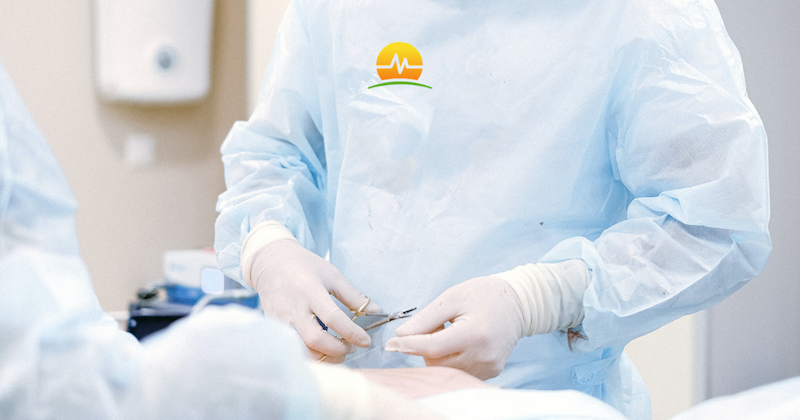
If you’ve done any research on hernias, you know that they are a progressive disorder which means that they get worse over time. While hernias may stay the same or get worse, they do not resolve themselves without surgical intervention. However, there are times when hernia surgery may not be indicated or can be postponed. You can determine this after a consultation with your hernia surgeon.
Before we talk about how to avoid surgery for an existing hernia, we must discuss how to prevent a hernia from getting worse or how to avoid developing one in the first place. As you may know, hernias are defects in the strong lining of the abdomen known as the fascia. When this weakens and develops a hole, contents of the abdomen, most commonly intestinal or fat tissue, start to push through. You can liken it to a hole in a piece of clothing. The more you poke at it or stick a finger through it, the larger the hole. Similarly, hernias do not close by themselves. The goal, therefore, is to avoid the hernia in the first place or to slow the progression of a hernia.
Drop the Pressure by Dropping the Pounds
The first way to avoid hernia surgery is to put less pressure on the abdomen or the defect itself. This can be achieved by maintaining a normal weight or losing excess weight. Some patients may benefit from bariatric surgery. Using proper form when working out can also place less strain on the abdomen. We also must look at lifestyle considerations that can weaken abdominal tissue. First, smoking can increase the risk of hernia progression, and second, weak abdominal musculature can also increase this risk, so staying fit and healthy throughout your life is very important.
There are some cases in which we do not have to or should not perform surgery. Hernias themselves are not dangerous but can create two potential problems. First is the risk of incarceration or strangulation, which represents abdominal tissue being trapped and losing blood flow, respectively, to the contents of the hernia. These emergency issues require an immediate trip to the hospital to avoid further complications. Second, is the hernia interfering with day-to-day life? The pain, heaviness, and bulging associated with many hernias can stop people from performing certain activities and generally scale back the enjoyment in their lives. If either of these issues presents themselves, hernia surgery is a must.
For older patients who are not as active as they once were, the possibility of delaying hernia surgery is real. Their musculature is such that the risk of strangulation or incarceration is significantly lower, and the hernia may not be as painful, albeit often larger. Further, patients of advanced age may have a higher surgical risk, especially if their general health is not ideal. We work with these patients to ensure that the risks of surgery are not more significant than the benefit they would otherwise receive from the procedure.
Asymptomatic hernias also rarely require repair. For one, most do not find out they have a hernia until it becomes symptomatic, and in general, we do not screen for hernias. Asymptomatic hernias are most often found incidentally when we look for other abdominal problems or during abdominal surgery. Your surgeon can determine whether they should be repaired or if you can delay treatment.
On the flip side, there are times when hernia repair makes a great deal of sense. Young, active, and healthy people are excellent candidates for surgery, and repairing the hernia often allows them to perform more strenuous activities without worrying about worsening their condition. Young people also have a greater risk of strangulation due to their stronger abdominal musculature. Lastly, good health means lower surgical risk and easier recovery.
As you can see, the decision of whether to have hernia surgery or not is mainly dependent on several criteria that can and will be discussed during your consultation with our surgeons. Most importantly, scheduling that consultation and a proper evaluation offers the clarity to understand your condition and make an educated decision on the best way forward. We look forward to seeing you at our office for a consultation and having a candid discussion on whether hernia repair is your best option in the future.






